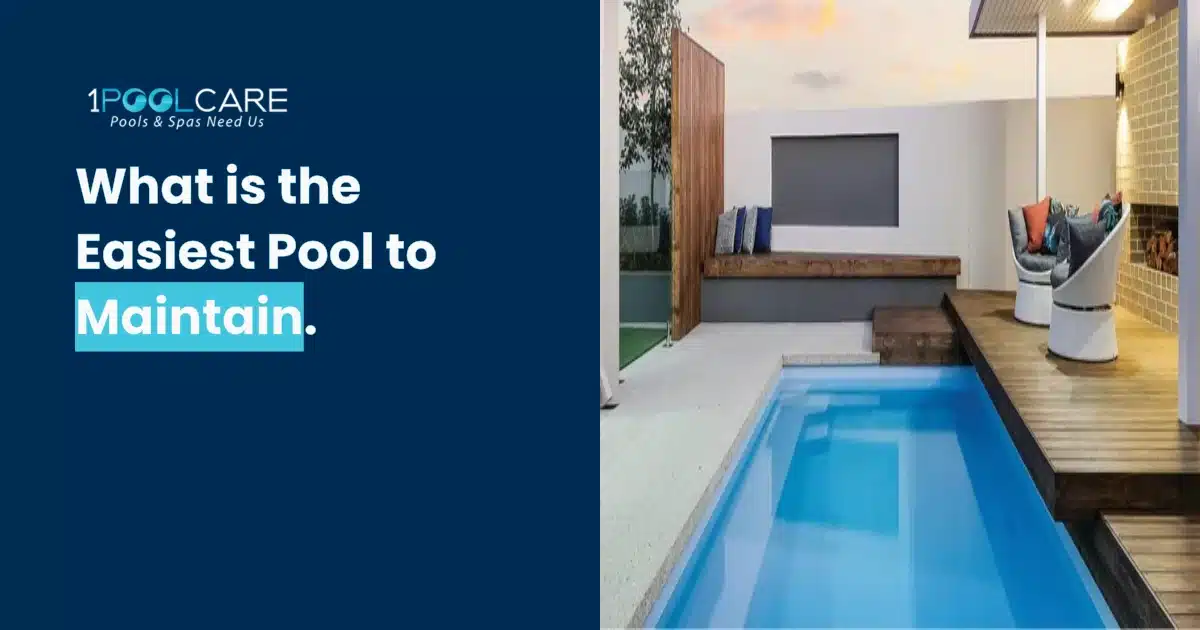
Fibreglass pools are the lowest-maintenance because the smooth, non porous gelcoat resists algae and does not push pH levels upward the way plaster can. A vinyl liner pool sits in the middle. The surface is smooth so algae finds less grip, but liners wear and need periodic replacement. A concrete pool usually needs the most attention because porous plaster encourages growth and ongoing balancing.
What makes a pool low maintenance
Low-maintenance pools combine a smooth surface, stable water chemistry, efficient hydraulics and simple debris control. A gelcoat creates a thin layer that is chemically inert, helping preventing algae growth and keeping water chemicals within the ideal range with fewer chemicals overall. Strong circulation from a right-sized filtration system and filter system keeps pool water moving. Good skimming and a quality pool vacuum stop debris from settling on the floor and pool walls. Test on a weekly basis, keep the pool clean, and your clarity and equipment will hold up.
A quick note – If you need help with your pool maintenance in Perth, don’t forget to reach out to us!
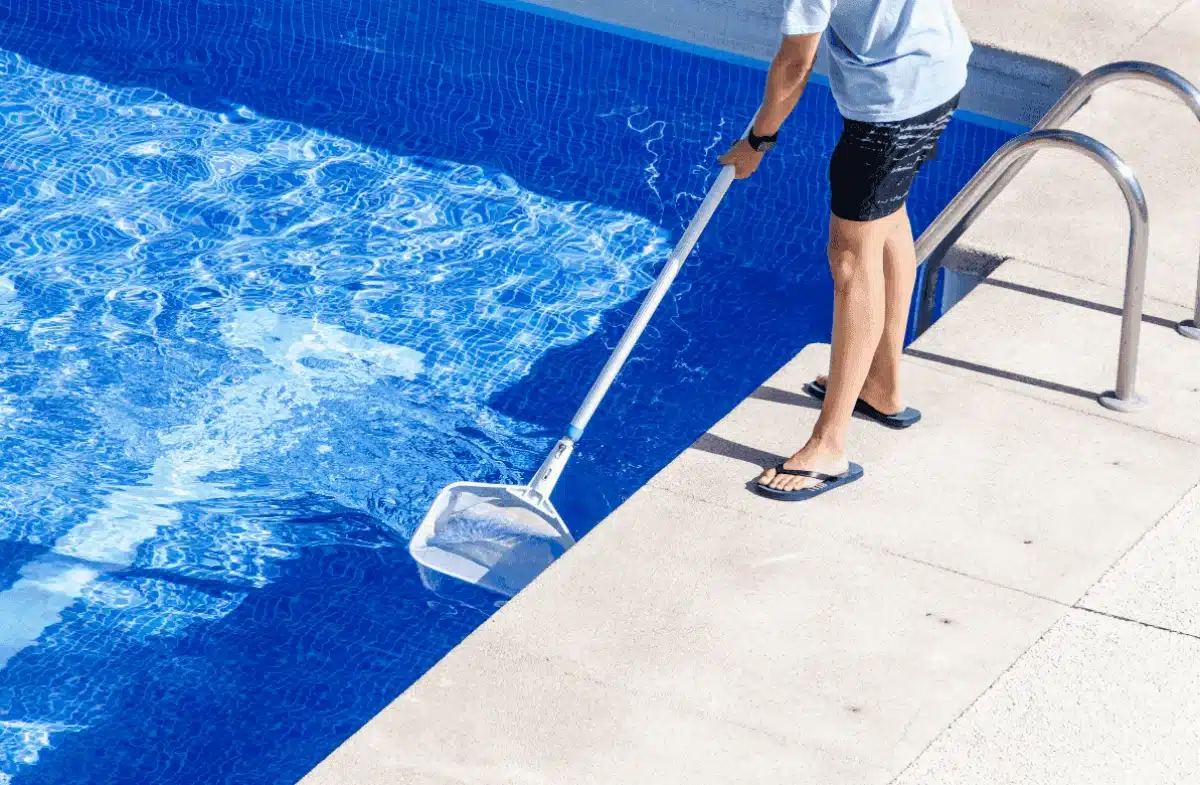
Which pool type is truly lowest maintenance
Select the surface you are happy to look after for years.
- Fibreglass pool – Minimal brushing, moderate dosing and excellent water clarity. This category often delivers the best long term savings in maintenance costs because it needs fewer chemicals and less scrubbing.
- Vinyl liner pool – Day-to-day care is easy, but the liner can puncture from sharp objects or dog claws and will eventually need replacement. Vinyl liner pool maintenance focuses on gentle chemistry and seam care.
- Concrete pool – Design flexibility is high, but porous plaster encourages algae growth. Expect frequent brushing with a steel brush, tighter control of pH and alkalinity, and periodic acid wash or resurfacing. That extra effort is normal for concrete pool owners, which is why concrete pool maintenance feels heavier.
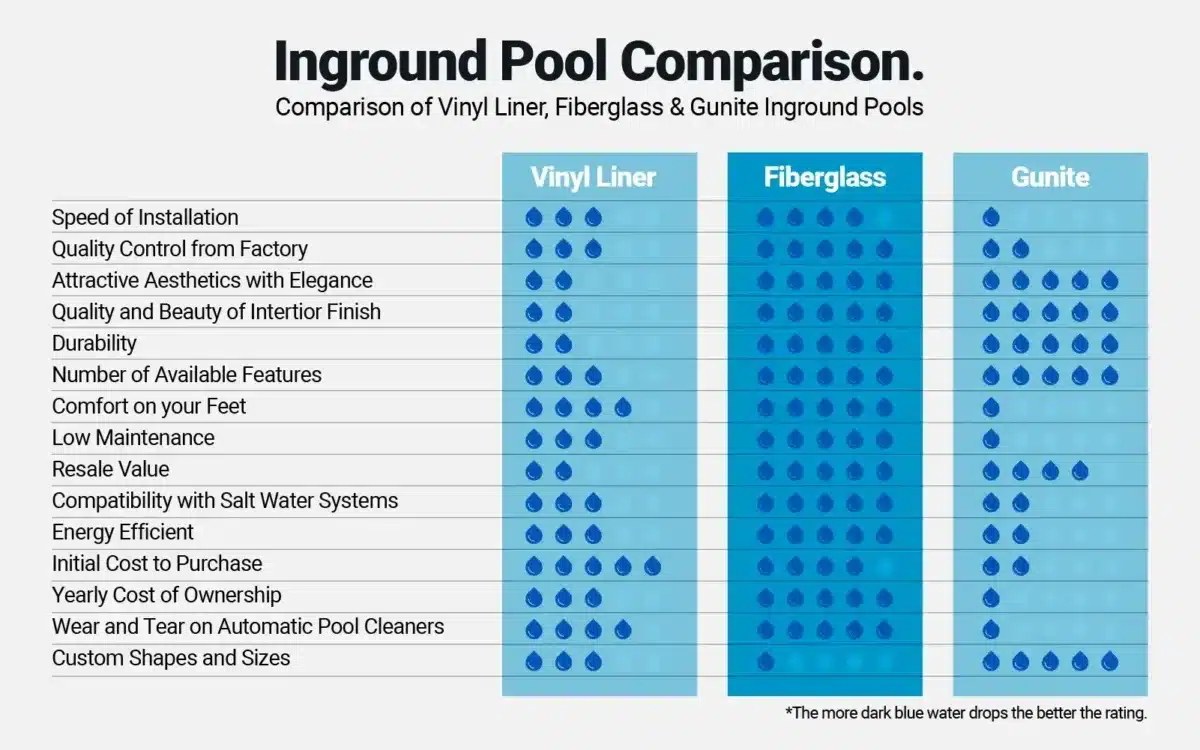
Are saltwater pools easier than chlorine
Salt systems automate chlorine production, which reduces manual dosing, but you still test and balance on a regular basis. Keep salinity in the ideal range and clean the cell so output stays stable. Most pool owners like the feel and lower odour, but chlorine remains essential whether it is generated from salt or added directly. When you are ready to balance salinity, see How to Add Salt to Your Pool.
How much time pool maintenance takes each week
Plan for 30 to 60 minutes on a fibreglass pool, 45 to 75 minutes on a vinyl, and 60 to 120 minutes on a concrete pool in a typical Perth summer. Testing, skimming, emptying baskets and a short brush preserve clean water and crystal clear results. For accurate test results, use the Best Swimming Pool Test Kit and record readings.
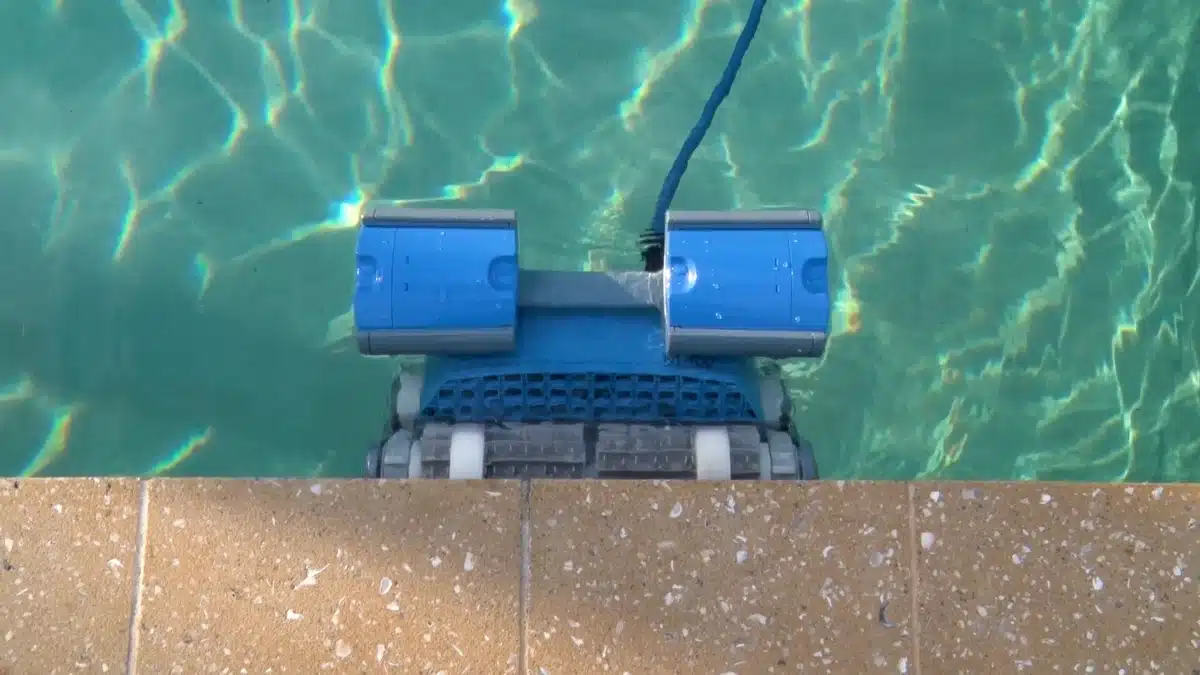
Do robotic pool cleaners really reduce maintenance
Yes. Robots cut manual vacuuming and keep walls tidier between services. They agitate fines from the floor and walls so the filtration system can capture them. This helps maintain even chemistry and clarity. Choose a cleaner that suits your pool types, steps and finish. If you are choosing, start with What Pool Cleaner Should I Buy?.
Is a small plunge pool easier than full size
Usually. Less volume means fewer litres to heat, balance and filter, so electricity costs and maintenance costs are lower. Temperature swings are bigger, so a cover and sensible run-times matter. Good access for a robot and simple shapes also reduce upkeep.
Above-ground vs in-ground for ease
Above-ground pools are smaller and simple to refurbish. Many use metal wall panels and basic kits. In-ground pools often include better plumbing, a larger filter, and more automation. Day to day ease depends more on the finish and equipment quality than whether it is above or in ground pools.
What chemicals are required for low maintenance
The main pool chemicals required are sanitiser, pH control, alkalinity, calcium and stabiliser for outdoor pools. Shock after storms or heavy use, then re-test. Smoother surface options fight stains and scale more effectively, so you will scrub less on a regular basis. Use clarifiers or floc only to fix a specific problem.
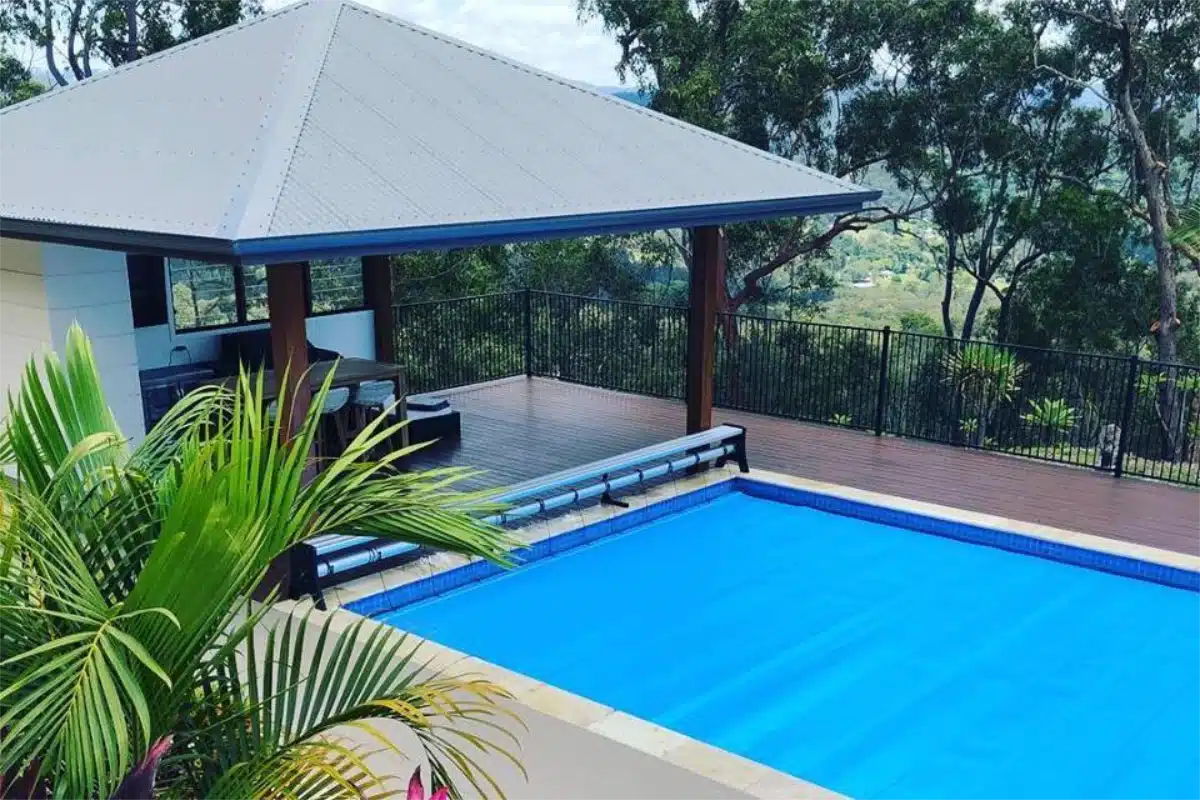
How Perth climate changes maintenance effort
Hot, sunny days increase UV burn-off, chlorine demand and the chance of algae. Balancing pH and alkalinity in the ideal range keeps sanitiser efficient when the heat is on. A well-fitting cover cuts evaporation and electricity used for heating, which lowers expenses and helps the system hold stable conditions. For season extension with less fiddling, see Best Swimming Pool Solar Heater Options.
Mineral, ozone and UV systems explained
Mineral systems can soften feel but still need active chlorine. Ozone and UV reduce chloramines and improve comfort, but they do not leave a residual, so sanitiser remains essential. The easiest routine pairs a smooth surface, a reliable controller and a robot. That is minimal time with minimal maintenance.
Pool finishes that resist algae and staining
Gelcoat fibreglass resists growth. Quality vinyl is smooth. Concrete needs vigilance. A fiberglass pool with a sound gelcoat is easiest to maintain. It keeps water chemistry calm and resists algae. Vinyl lined pools also resist staining if you protect seams and steps. Concrete requires a steel brush and more frequent acid wash or resurfacing to keep the finish tidy.
Low maintenance with lots of trees nearby
Yes. Control leaves at the source. A good cover and oversized skimmer baskets reduce debris that would otherwise clog the filter. A robot with a leaf canister saves time and keeps the filter free. For cover choices, see Discover the Best Pool Cover Australia Has to Offer.
Common mistakes that make pools harder to maintain
Clogged filters, high pH and suction-side air leaks all add work. Clean cartridges or backwash on schedule so the filter stays open, which preserves water flow and clean results. Do not let pH drift high. It weakens chlorine and encourages algae. Repair small air leaks before the pump loses prime. If you are new to filter care, start with Backwashing a Pool.
Filtration and pump sizing for easy care
Match pump flow to filter size so you achieve daily turnovers without pressure spikes. A right-sized pool pump and balanced filter system mean less dosing and clearer water. Variable-speed units lower electricity costs and noise while improving clarity. That makes a strong cost effective option for many pool owners. To see the options, visit Types of Pool Pumps.
Simple automation that actually helps
Timers and controllers keep run times consistent and reduce manual mistakes. Pair automation with a clean filtration system, a reliable cleaner and seasonal presets so winter and summer profiles differ. Explore Best Swimming Pool Solar Controllers if you heat or cover the pool.
Energy and cost tips for low-effort ownership
Lower speed and longer run times are often clearer and cheaper than short, high-speed bursts. A well-fitting cover slashes evaporation and stabilises pH and water chemistry, which cuts maintenance costs. The right surface and sensible heating give the least maintenance experience with manageable expenses. For ideas that protect the budget, see 5 Most Cost Effective Pool Heating Options.
Conclusion
Want the easiest path to clean water and low upkeep? Choose a smooth surface, size the equipment properly and keep chemistry in the ideal range. If you would like help, our Perth team can specify a controller, set the pool system for efficiency, and recommend a robot that suits your pool types and finish. Book Residential Pool Cleaning, browse Pool Equipment, or Contact Us for friendly, expert advice. Then enjoy more swim time with less maintenance.
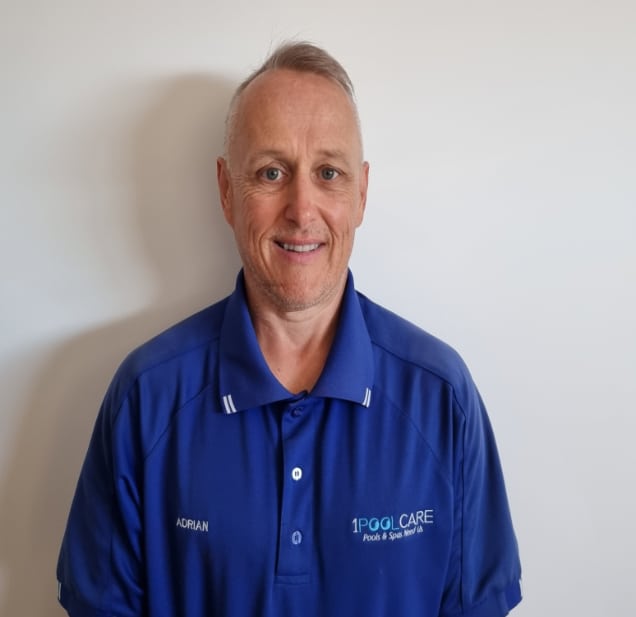
With over 20 years of industry experience, Adrian Mole is the founder of 1 Pool Care, a leading mobile pool service in Perth. Known for his expert knowledge and reliable service, Adrian delivers professional pool cleaning, equipment repairs, and water balancing across the metro area. Backed by SPASA accreditation, he’s committed to quality, convenience, and customer satisfaction.

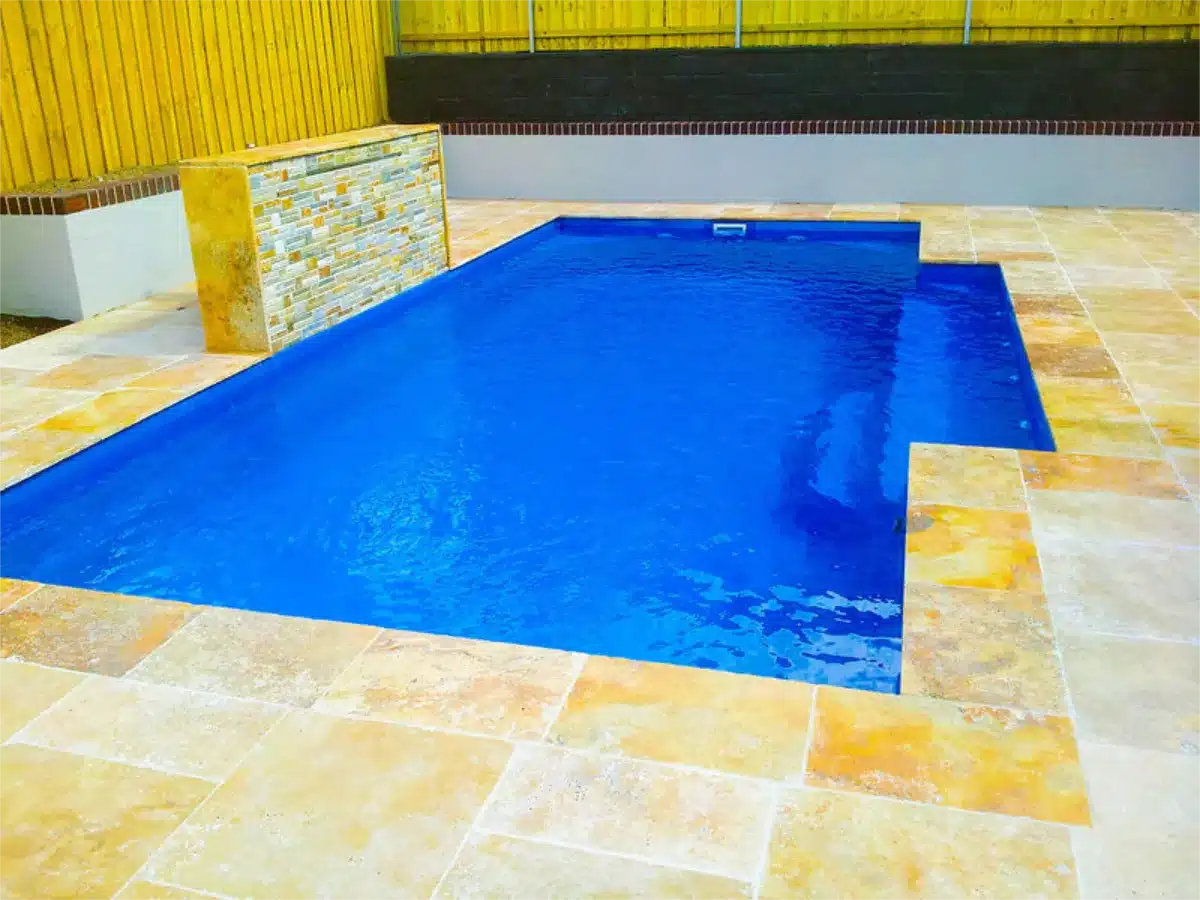
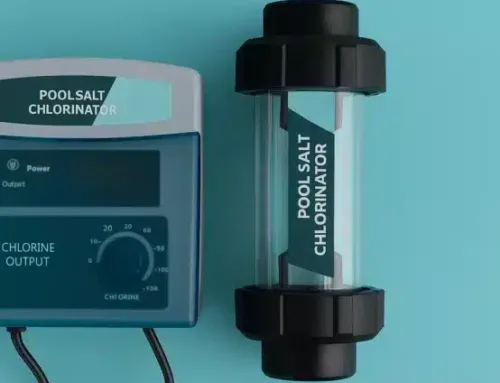
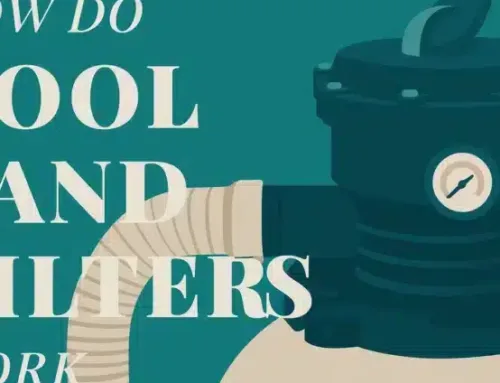
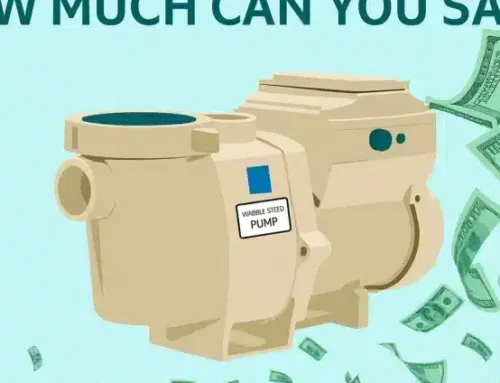
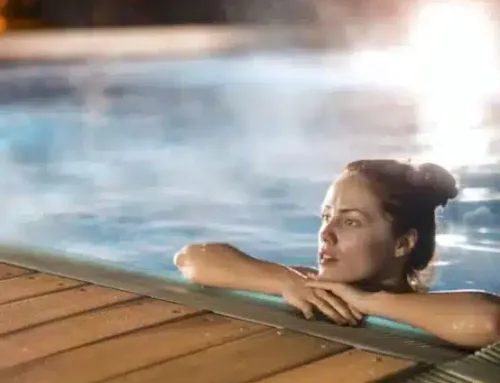





Social Media